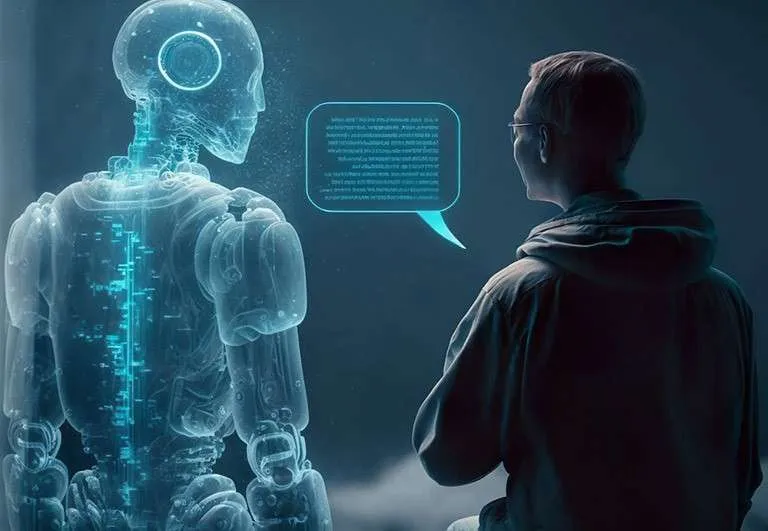ChatGPT HIPAA compliance is one of the most discussed topics related to using AI technologies like ChatGPT for managing psychotherapy services, including handling patient records such as psychotherapy notes. Ensuring compliance is a nuanced and complex process requiring careful consideration by organizations and practitioners alike. This article will outline steps to ensure ChatGPT HIPAA compliance in healthcare.
Here are specific strategies and considerations that healthcare providers and health systems can employ starting immediately:
Encryption and Security Measures. Employ encryption and other advanced security measures to protect PHI in transit or at rest. This includes utilizing firewalls, access controls, and secure authentication methods.
Policy Development. Develop, implement, and regularly update policies governing the use of AI in handling PHI. These policies should align with HIPAA’s Security Rules and include procedures for responding to security incidents and breaches and updating your security risk assessment.
Patient Informed Consent. Ensure clear patient consent processes for collecting and using data in AI algorithms, with transparency about how the data will be used.
Risk Assessment. Conduct regular risk assessments to identify and address potential vulnerabilities in AI-driven processes that handle protected health information (PHI). This includes implementing ongoing monitoring and audit trails.
Data De-Identification. Implement robust de-identification techniques to remove or alter personal identifiers within health data. All identifiers must be meticulously removed or “scrubbed” before engaging any chatbot. This includes sensitive information such as psychotherapy notes within EHRs, where special considerations apply. HIPAA’s Privacy Rule provides essential guidance on de-identification standards (HHS, 2021).
Vendor Management. If third-party AI services are used, ensure that vendor agreements include robust security and privacy protections and that vendors comply with HIPAA regulations. Conduct due diligence in selecting vendors.
Ethical Guidelines. Consider ethical guidelines and best practices from your national professional organizations and the American Health Information Management Association (AHIMA).
Monitoring and Continuous Improvement. Continuously monitor and evaluate the effectiveness of compliance measures, making improvements as needed. Engage in regular audits to ensure ongoing compliance.
Transparency and Accountability. Maintain transparency with patients and clients regarding the use of AI, and establish clear lines of accountability within your practice or organization for managing and overseeing AI-driven processes, including ChatGPT.
Utilize Certified Technology. When possible, use AI technology certified or endorsed by recognized healthcare and technology organizations, demonstrating adherence to privacy and security standards.
Collaboration with Legal Experts. Work closely with legal and compliance experts to keep abreast of federal, state, and local regulations regarding the use of AI in healthcare.
Training and Education. Provide extensive and recurring training for staff on AI’s legal and ethical implications, including specific guidance on handling sensitive information like psychotherapy notes using ChatGPT.
Conclusion
Staying HIPAA compliant while integrating AI into healthcare requires a multifaceted approach combining technology, policy, education, ethics, and continuous vigilance. The above considerations offer a roadmap, but consultation with legal and regulatory experts specific to the healthcare provider’s jurisdiction and practice area is strongly advised.
For Clinicians
Navigating the delicate balance of utilizing ChatGPT of other forms of AI without breaching confidentiality is challenging. Even casual conversations during patient encounters may inadvertently include protected health information (PHI), such as


